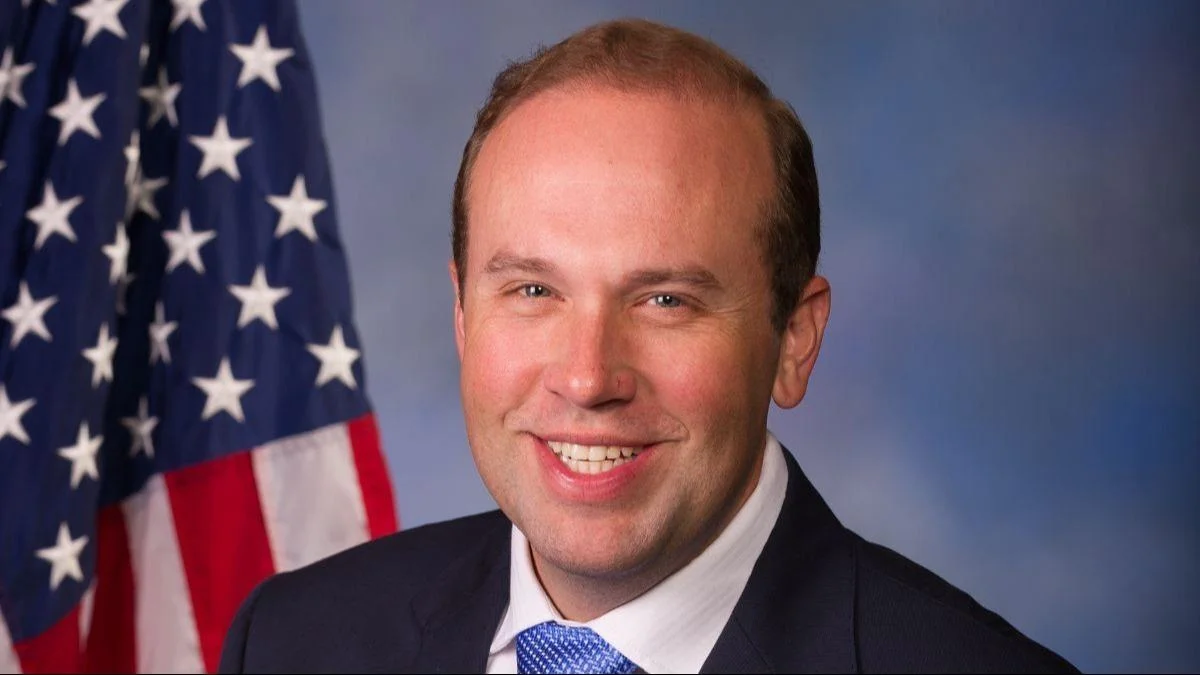Rep. Jason T. Smith, U.S. Representative for Missouri's 8th District | Congressman Jason Smith Official U.S. House headshot
Rep. Jason T. Smith, U.S. Representative for Missouri's 8th District | Congressman Jason Smith Official U.S. House headshot
Small businesses in the United States may face a significant tax increase if Congress does not act to extend the provisions of the 2017 Trump tax cuts. These cuts, which include a 20 percent small business tax deduction known as Section 199A, were designed to help small enterprises compete with larger corporations by lowering their tax burden.
If the deduction expires, approximately 26 million businesses could see their top tax rate rise to 43.4 percent. This rate is notably higher than what businesses in Communist China face.
Jason Smith, Chairman of the Ways and Means Committee, emphasized the urgency of addressing this issue. "Raising taxes on small businesses will harm our local economies, the nation’s broader economic competitiveness, and the workers that keep Main Street running," Smith stated. He urged Congress to act quickly to protect small businesses from potential tax hikes.
The expiration of key policies from the Trump tax cuts could have widespread effects beyond small businesses. It is reported that Congress has only 149 legislative days next year to prevent these changes. If no action is taken, the average taxpayer could see a 22 percent increase in taxes.
For families, this could mean significant financial impacts. A family of four earning $80,610 annually might experience a $1,695 increase in taxes—equivalent to about nine weeks' worth of groceries for many households across the country.
Additionally, around 40 million families could see their Child Tax Credit reduced by half. Ninety-one percent of all taxpayers would also see a reduction in their guaranteed deduction by half.
Other potential consequences include seven million taxpayers being affected by the return of the Alternative Minimum Tax and two million family-owned farms facing a halved Death Tax Exemption next year.
###




 Alerts Sign-up
Alerts Sign-up